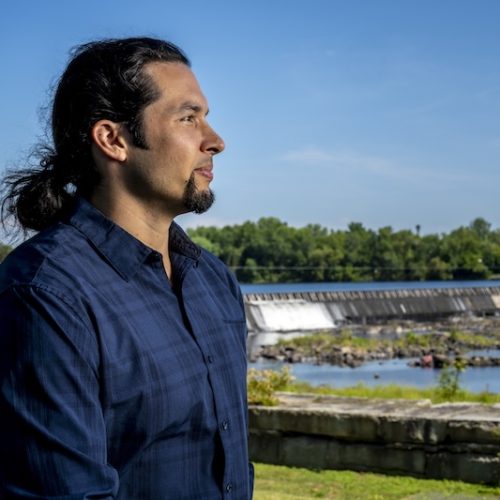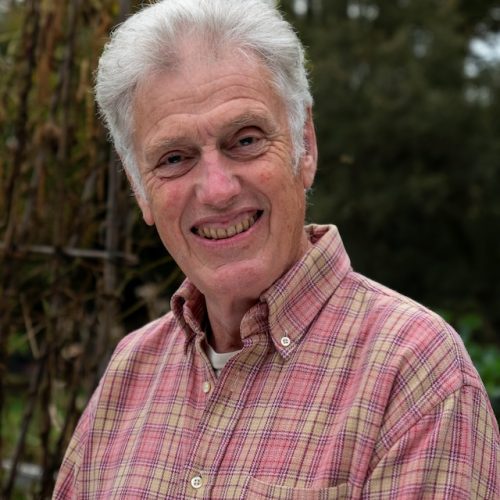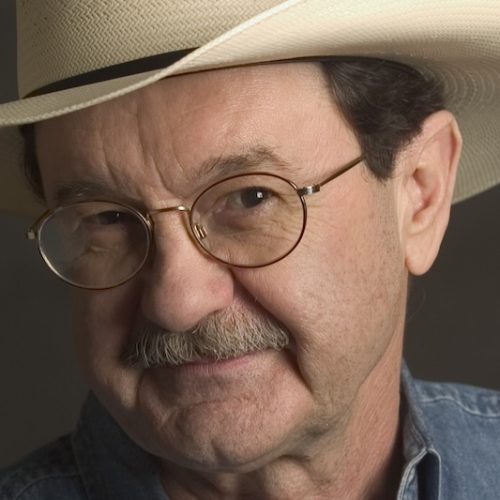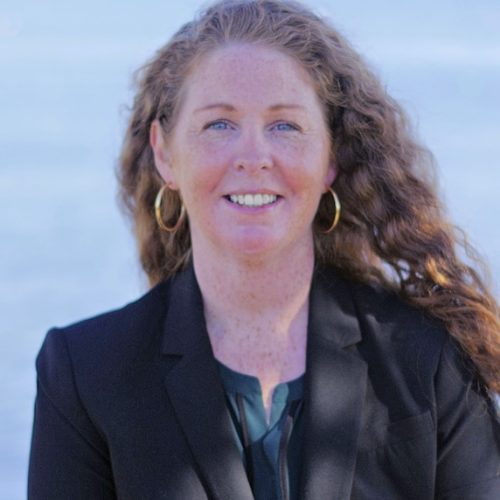Keynote Addresses
Past Keynote Addresses
Listen to the Keynote addresses from past years of the Common Ground Country Fair.
Past Keynotes

47:18

49:31

35:15

27:04

54:43

24:11

41:08

28:49

32:18

46:09

39:29

35:55

34:29

1:01:54




2025 Keynote Speakers
We are excited to announce our 2025 keynote speakers: Anthony Sutton, Adam Alexander, and Jim Hightower and Rhiannon Hampson. Keynote addresses begin at 11 a.m on The Common each day of the Fair.
Speaker Bios
Friday

Anthony Sutton
Assistant Professor of Native American Programs and Food Systems, University of Maine — Orono
“A Passamaquoddy Perspective on Food Sovereignty“
In November 2021 Maine established the constitutional right to food, which built upon Maine’s food sovereignty legislation that was established in 2017. With the passage of this new right, Anthony Sutton’s Passamaquoddy mentor asked: What does this mean for tribal sustenance? As an example, these policies allow municipalities to manage local food businesses as a form of economic security, while the municipal distinction given to Wabanaki governments has had a negative impact economically to both tribal governments and the state of Maine. Furthermore, these policies support local food production within municipal boundaries, whereas many Wabanaki notions of food require movement that transcend places, ecosystems, and artificial boundaries.
This keynote will use a combination of personal stories, traditional knowledge systems, and histories to identify the distinctions between tribal sustenance and Maine’s food sovereignty to amplify and empower the work Wabanaki food growers and fishers are doing within the Dawnland.
Photo courtesy of the University of Maine.
Saturday

Adam Alexander
(aka The Seed Detective), Author, Grower, and Storyteller
“The Accidental Seed Heroes — Creating a Food Future That Can Feed Us All”
Adam Alexander is a writer, storyteller, and award-winning film and television producer. He has been involved in horticulture for most of his life. He maintains a living collection of over 500 varieties of heterogeneous adaptive climate-resilient crops, lecturing widely on his work.
In his keynote conversation with CR Lawn, founder of FEDCO Seeds, Alexander will share his adventures around the world: discovering seeds and the amazing people who breed, conserve, and maintain them. Alexander is passionately committed to enriching the genetic diversity of the crops we grow that have been cherished and maintained by Indigenous farmers — whose knowledge and expertise we ignore at our peril — as well as a great diversity of growers and open-source breeders. These include passionate freelance breeders on a mission to increase diversity and resilience, championing agroecological approaches to feeding us all in a changing climate. He meets plant scientists who believe that collaboration, participatory breeding, and working with farmers developing and improving locally adapted crops offers a positive road to greater food security as well as better health and wellbeing. Alexander seeks to inspire and enthuse, sharing actions everyone can take away to be part of the solution to building resilience, diversity, and deliciousness into what we grow and eat.
Photo by Jesse Alexander.
Sunday


Jim Hightower and Rhiannon Hampson
Rural Economy True Believers
“Farming is a Public Service: How Public Dollars Support America’s Food System and Rural Economies in a Way That Benefits Us All ”
Americans have traditionally enjoyed lower grocery bills than many of our global counterparts, yet food insecurity and inflation have risen sharply in recent years, threatening to derail household budgets — even for those growing the food. With more than half of all Maine farms operating at a net loss, it is clear that the cost of production is outpacing the financial capacity of the consumer. The first food assistance program was created in 1939 as part of the federal response to the Dust Bowl crisis when the U.S. government recognized the need to move public dollars into the agricultural sector. With programs such as the Supplemental Nutrition Assistance Program (SNAP) creating a measurable economic multiplier effect, why do our policymakers struggle to define the need for publicly funded agricultural support programs? Keynote speakers Jim Hightower, radio commentator, author, and former Texas Agriculture Commissioner, and Rhiannon Hampson, farmer and rural development specialist, will make the case for public funding for Maine’s farms and food consumers. Joined by Sarah Alexander, executive director of MOFGA, the two will discuss where we’re headed and what’s needed to build a food system that works for everyone.
Jim Hightower is a national radio commentator, New York Times best-selling author, and twice-elected Texas Agriculture Commissioner who has spent four decades championing ordinary Americans against corporate and political elites. Known as “America’s most popular populist,” he broadcasts daily radio commentaries to over 150 stations, publishes the monthly newsletter “The Hightower Lowdown,” and delivers more than 100 speeches annually across the country. His seven books, including bestsellers like “Thieves In High Places” and “There’s Nothing In the Middle Of the Road But Yellow Stripes and Dead Armadillos,” combine serious political analysis with his trademark Texas humor. Hightower believes the true political divide is not left versus right but top versus bottom, advocating for the 80% of Americans he says have been left behind by Washington and Wall Street powers.
Rhiannon Hampson, alongside her husband Gregg Stiner and their family, runs Grace Pond Farm, a certified organic dairy and pastured livestock farm in Thomaston, Maine. Having spent decades in advocacy and public policy, Hampson has worked off-farm for Congresswoman Pingree and recently served the Biden-Harris Administration as the presidentially appointed Maine state director for USDA Rural Development. Now at Gulf of Maine Research Institute, Hampson continues to champion Maine’s heritage industries and rural economic development.
Photo courtesy of Hightower
Photo by Colleen Gleason.